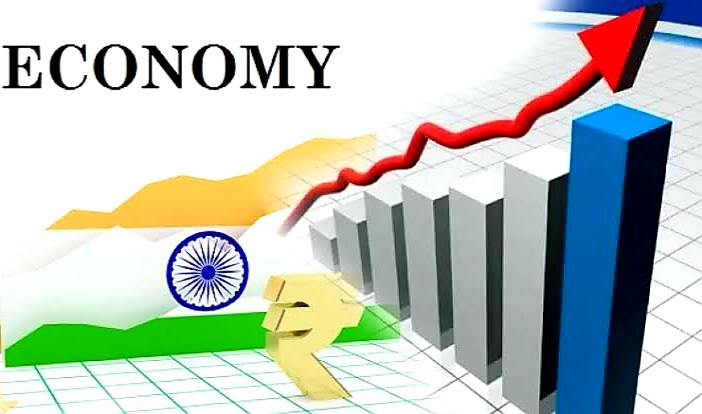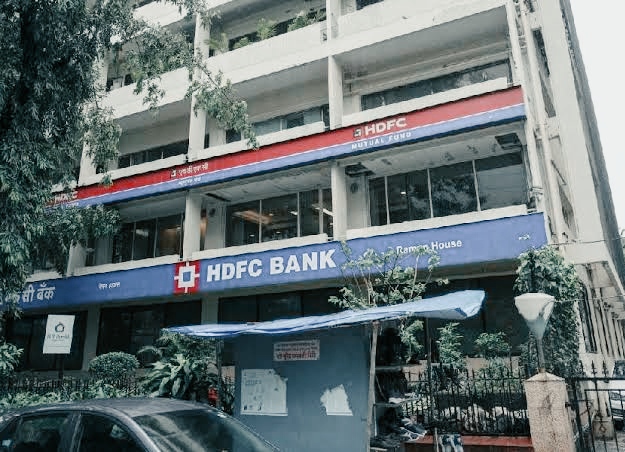The Economic Survey 2023-24, presented in Parliament by Union Finance Minister Nirmala Sitharaman on Monday, said the Indian economy is in a strong and stable position, demonstrating resilience in the face of geopolitical challenges.
“The higher economic increment in FY20 follows profit rates of 9.7% and 7% in the previous 2 fiscal years.”
The survey said that the core inflation rate is largely under control, although the inflation rate of some specific food items has increased. The trade deficit was lower in FY24 compared to FY23, and the current account deficit for the year is about 0.7% of GDP.
However, it said the Indian economy needs to create an average of about 78.5 lakh jobs annually by 2030 in the non-agricultural sector to meet the growing workforce.
“For the recovery to be sustained, significant upheaval will be required on the domestic front as it has become exceptionally difficult to reach agreement on key global issues such as trade, investment and climate,” the survey said.
“Public investment has continued capital formation over the past several years, even as the private sector shed its balance sheet blues and started investing in FY22. Now, it has to garner support from the public sector and maintain the pace of investment in the economy. The signs are encouraging,” the survey said.
The Economic Survey 2023-24 said inflationary pressures arising from global headwinds, supply chain disruptions and monsoon uncertainty have been deftly managed by administrative and monetary policy responses. As a result, retail inflation declined to 5.4% in FY24, after averaging 6.7% in FY23.
It said the decline in retail inflation in FY24 was driven by a decline in core inflation – both goods and services. Core services inflation falls to nine-year low in FY24; Additionally, core commodity inflation also declined to a four-year low.
Food inflation has been a matter of global concern for the last two years. Within India, the agriculture sector faced challenges due to extreme weather events, depleting reservoirs and crop damage, which impacted agricultural production and food prices. As a result, according to the survey, food inflation stood at 6.6 percent in FY2013 and rose to 7.5 percent in FY2014.
Going forward, the RBI estimates inflation to decline to 4.5 percent in FY20 and 4.1 percent in FY26, assuming a normal monsoon and no external or policy shocks. Similarly, the IMF has projected increment for India to be 4.6 percent in 2024 and 4.2 percent in 2025.
The external balance has been under pressure due to a decline in global demand for goods, but strong services exports have largely offset this. As a result, CAD stands at 0.7% of GDP during FY2024, an improvement from the deficit of 2% of GDP in FY2023.
It said that as per the provisional actual (PA) data released by the Office of the Controller General of Accounts (CGA), the central government’s fiscal deficit is expected to decline from 6.4% of GDP in FY2013 to 5.6% of GDP in FY2014. Has gone.




